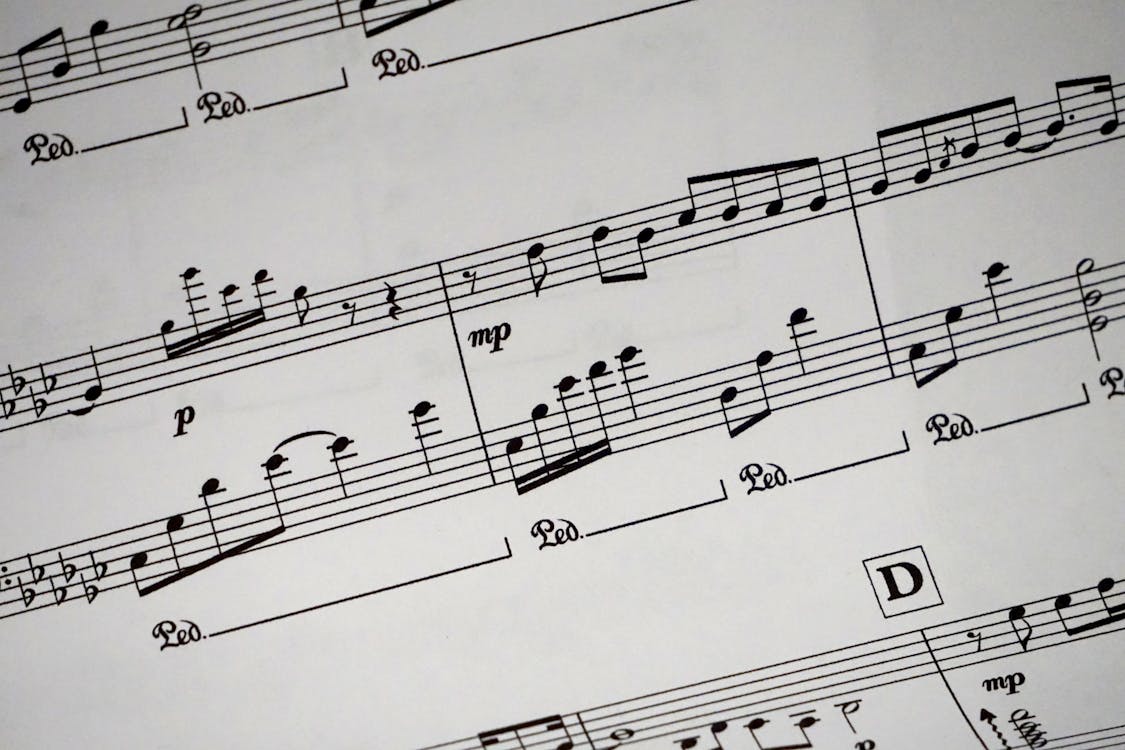21st June is celebrated as World Music Day every year. To commemorate this occasion, we are going to dive into the science behind the world of music and see how it benefits us.
Music is perhaps one of the best things that humans have ever invented. It is the evidence of mankind’s abstract thought, of our ability to create patterns, frames, and a likeness toward them. The first music of prehistoric cultures dates firmly back to c. 40,000 BP of the upper Palaeolithic through evidence of bone flutes, although it is unclear whether or not the actual origins lie in the earlier middle palaeolithic period (300,000 to 50,000 BP). The earliest piece of musical notation is etched on a 4,000 years old Sumerian clay tablet, this tablet includes instructions and tunings for a tune created in honour of the ruler Lipit-Ishtar.
We have come far when it comes to music, and we keep moving forward, where cultures and identities are mixing to create something that everyone can enjoy universally. From helping with mental health and physical health to playing soft music so the plants flourish, music has given us a lot to appreciate. Let’s take a look at a few health benefits of music!

Music is good for your heart
According to studies, when music is performed, blood flows more freely. It also lowers blood pressure, lowers cortisol (the stress hormone), and raises serotonin and endorphin levels in the blood.

It helps you remember things.
Although there is no cure for Alzheimer’s or dementia, music therapy has been demonstrated to alleviate some of the symptoms. Music therapy can help agitated individuals relax, enhance their mood, and open up dialogue.

It improves one’s mood.
The hormone dopamine is produced in the brain in response to music. An increase in dopamine production can help alleviate anxiety and despair. The amygdala, the region of the brain involved in mood and emotions, processes music directly.

It helps to alleviate stress.
Music has been shown to relieve tension by stimulating biological stress reducers, according to research.

It helps with pain management.
Music therapy can help with pain management by lowering stress levels and delivering a strong competing stimulus to the pain signals that enter the brain. It also acts as a pain reliever, as in geriatric care, intensive care, and palliative medicine, music has shown to significantly lessen the perceived level of pain.

It encourages people to eat less.
During a meal, playing soothing music in the background (and dimming the lights) can help people slow down and consume less food in one sitting.

It improves the endurance of workouts.
During a strenuous workout, listening to that great fitness music will help you improve your physical performance and stamina.

There are tons more that we might have missed, but science does not miss when it comes to finding the good in every element, even music. Research is constant in the field of music and we find out newer facts about this art form every day. From the greatest classics like Bach and Vivaldi to the greatest icons such as Adele and Daft Punk, we keep discovering newer music that comes from the mind and hearts of newer people. Sound Engineers tirelessly work to make these beats as catchy and appealing as possible!

